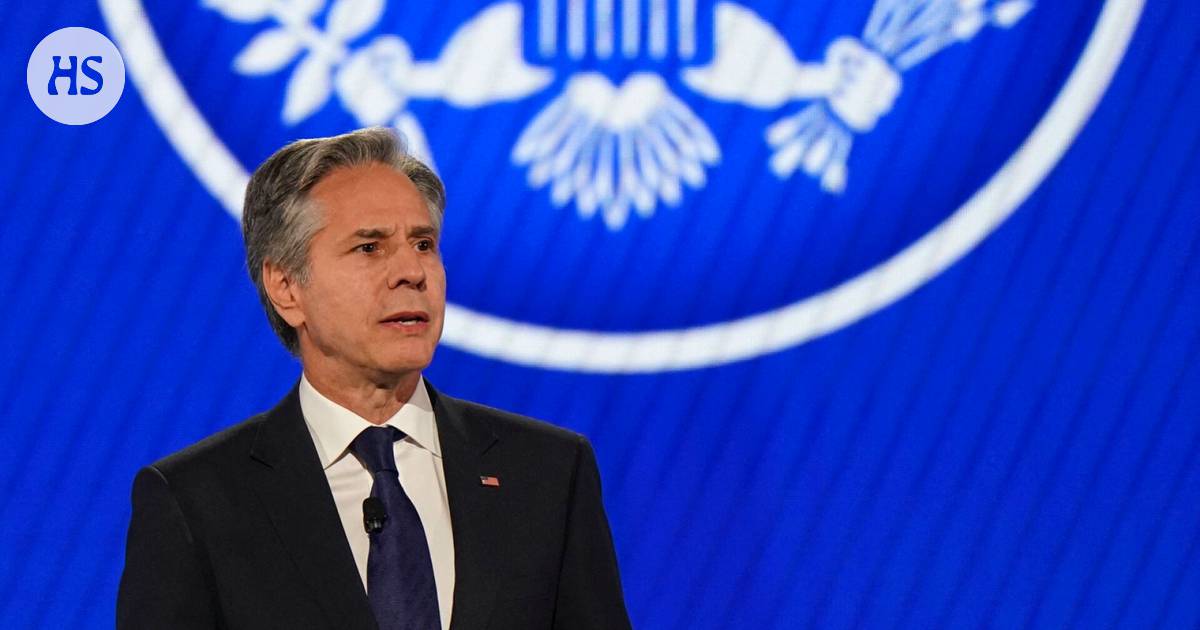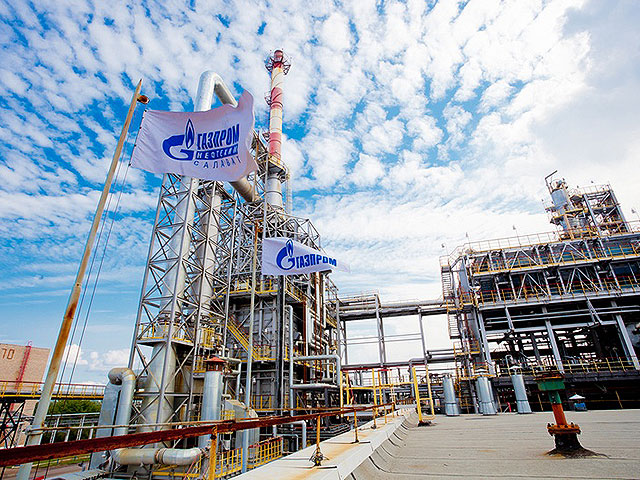Following the terrorist attack on a Moscow concert hall on March 22, the Russian regime under Vladimir Putin has taken a more severe stance against immigrants in the country. This escalation of repression against foreigners comes from the fact that four individuals accused of the attack were identified as citizens of Tajikistan, a former Soviet republic in Central Asia, according to Russian authorities. The detainees were reported to have been in Russia on temporary work visas, some of which had expired.
The Kremlin’s persecution policy became evident when around 40 migrants were arrested in an area 60 kilometers from Moscow following the attack claimed by ISIS. Reports also emerged of attacks on a barbershop in Ivanovo where one of the alleged terrorists worked, indicating a rise in xenophobic sentiment.
Security and migration bodies in Russia began conducting operations targeting foreigners in the country, resulting in mass searches and charges for alleged violations of migration laws. Nearly 500 people have been ordered to be expelled from the country since the attack in Moscow. Immigrants primarily from Tajikistan, Uzbekistan, and Kyrgyzstan form a significant portion of the population in Russia. In response to growing persecution, their home countries have advised citizens to avoid demonstrations and crowded events due to the risk of persecution or violence.
The measures taken by Putin are putting him at odds with immigrants who play essential roles in Russia’s job market, particularly during times of conflict. Putin is attempting to downplay the situation to maintain national unity and a positive image of leadership representing Russia’s diverse ethnic groups. However, increasing persecution against foreigners is becoming more apparent as evidenced by baseless claims from officials about rising crime rates among immigrants and reports of ongoing racial profiling and unjust detention.
Human Rights Watch reports that systemic discrimination against non-Slavic migrants and ethnic minorities has always been commonplace in Russia before this latest attack. They found that Russian police engaged in racial profiling towards non-Slavic migrants and ethnic minorities subjecting them to unnecessary identity checks and prolonged detention. This highlights how immigrants face challenges within Russia’s legal framework and underscores their need for greater protection of their rights and safety.
In conclusion, Putin’s crackdown on immigration is driving up tensions with his key allies while undermining his ability to maintain control over his diverse nation’s population.
The rise in xenophobia has led Putin’s government to become increasingly aggressive towards foreigners living within its borders, leading many experts believe that this could lead to further instability if not addressed promptly.
As such it is imperative for Putin’s government to address these issues head-on before they spiral out of control completely.


